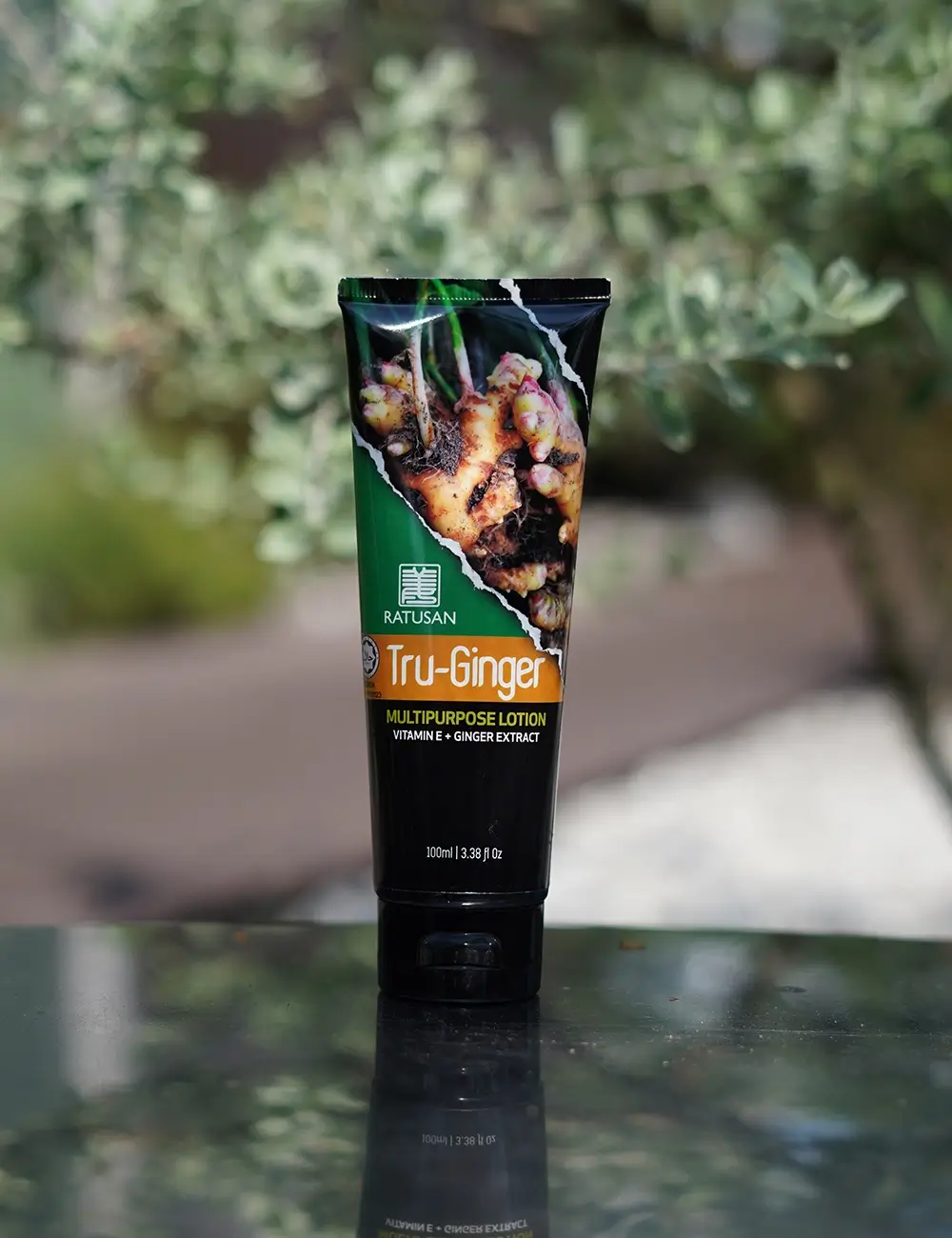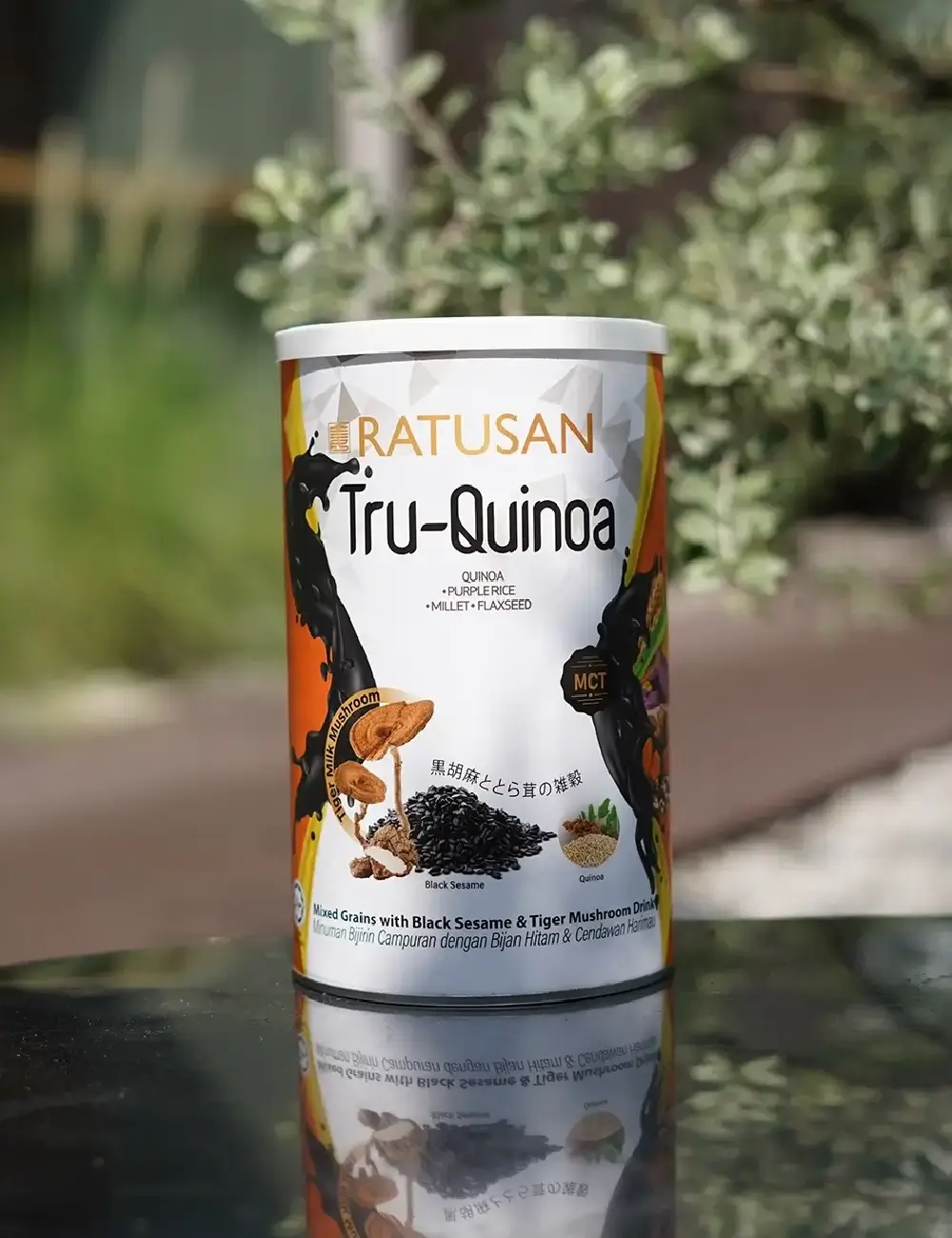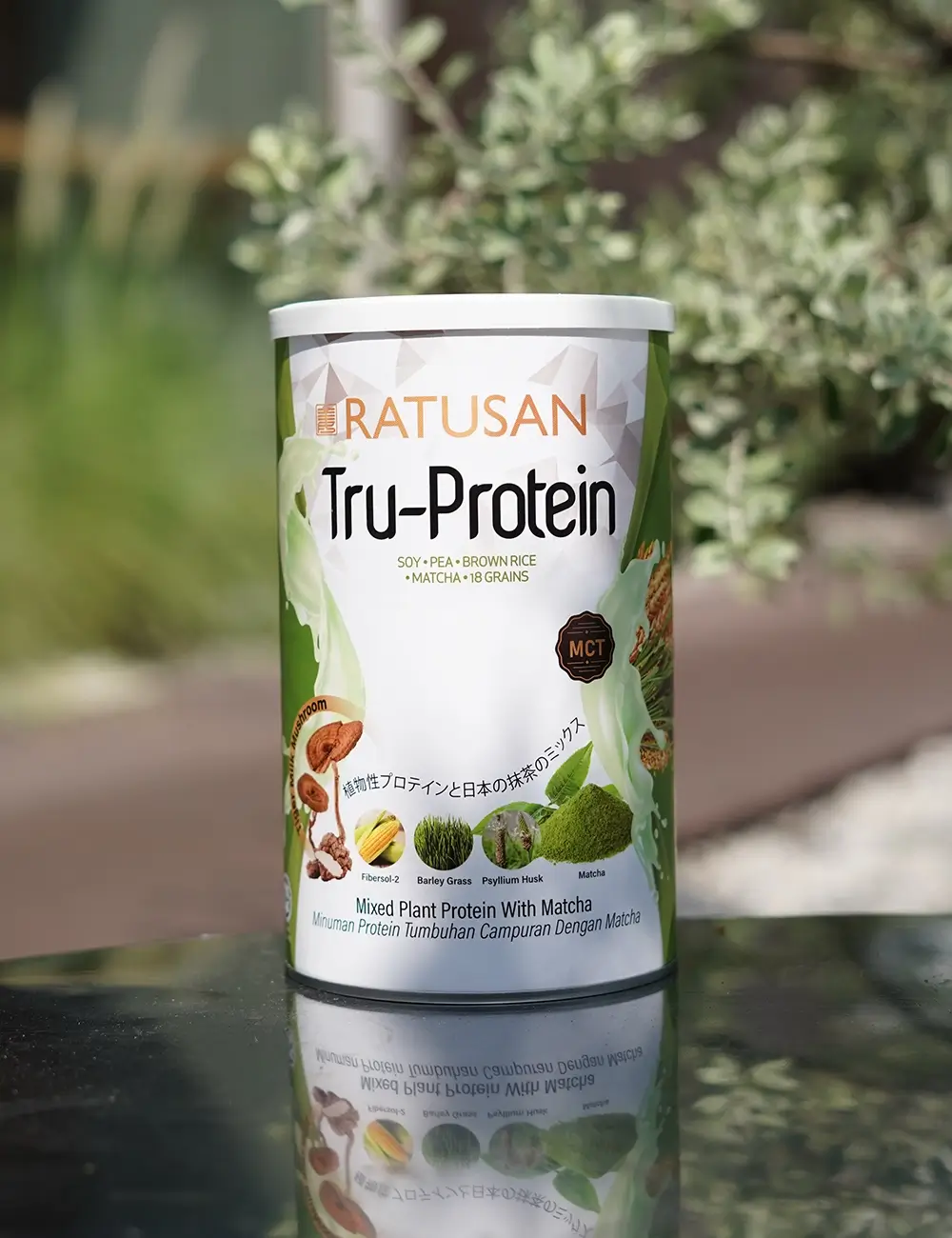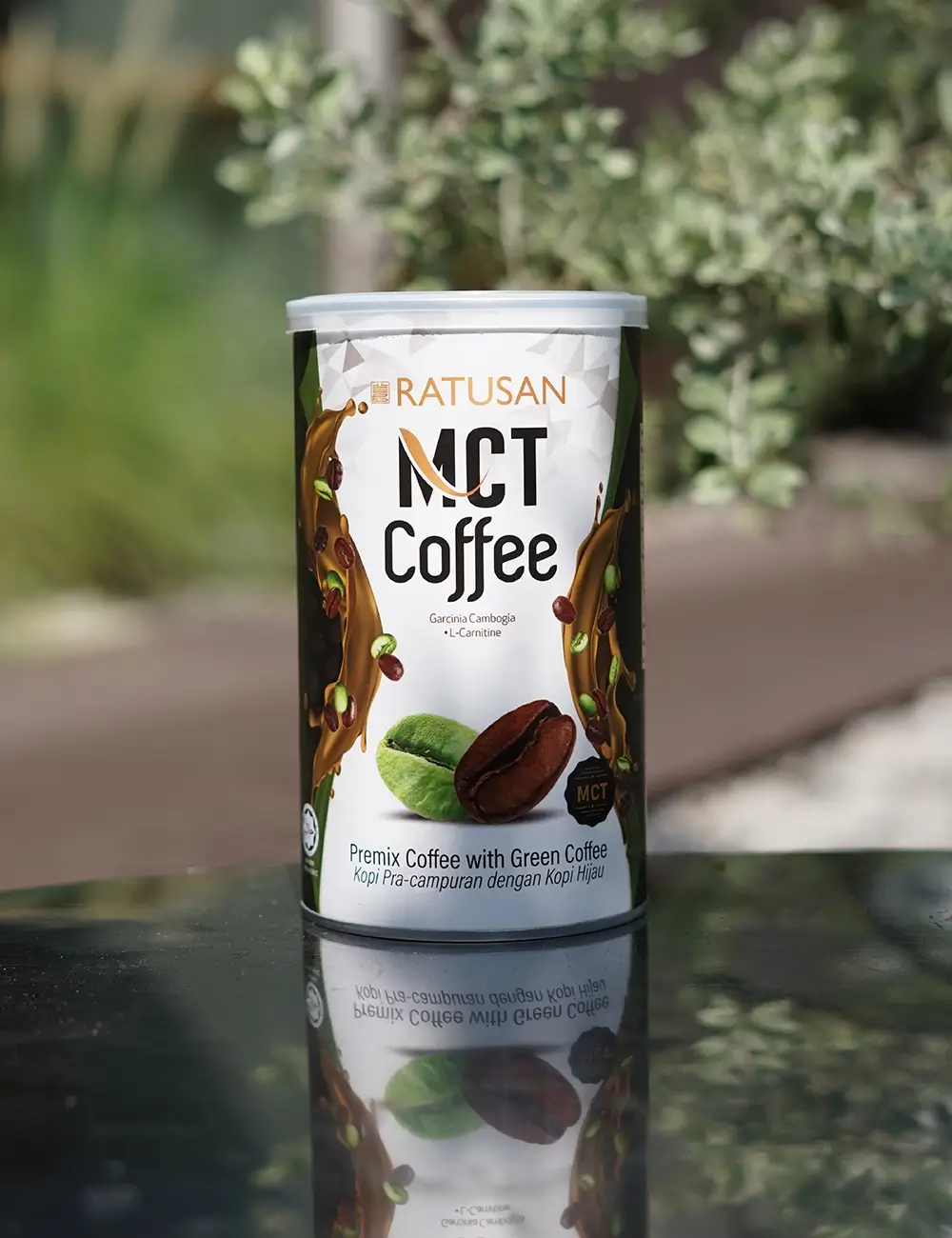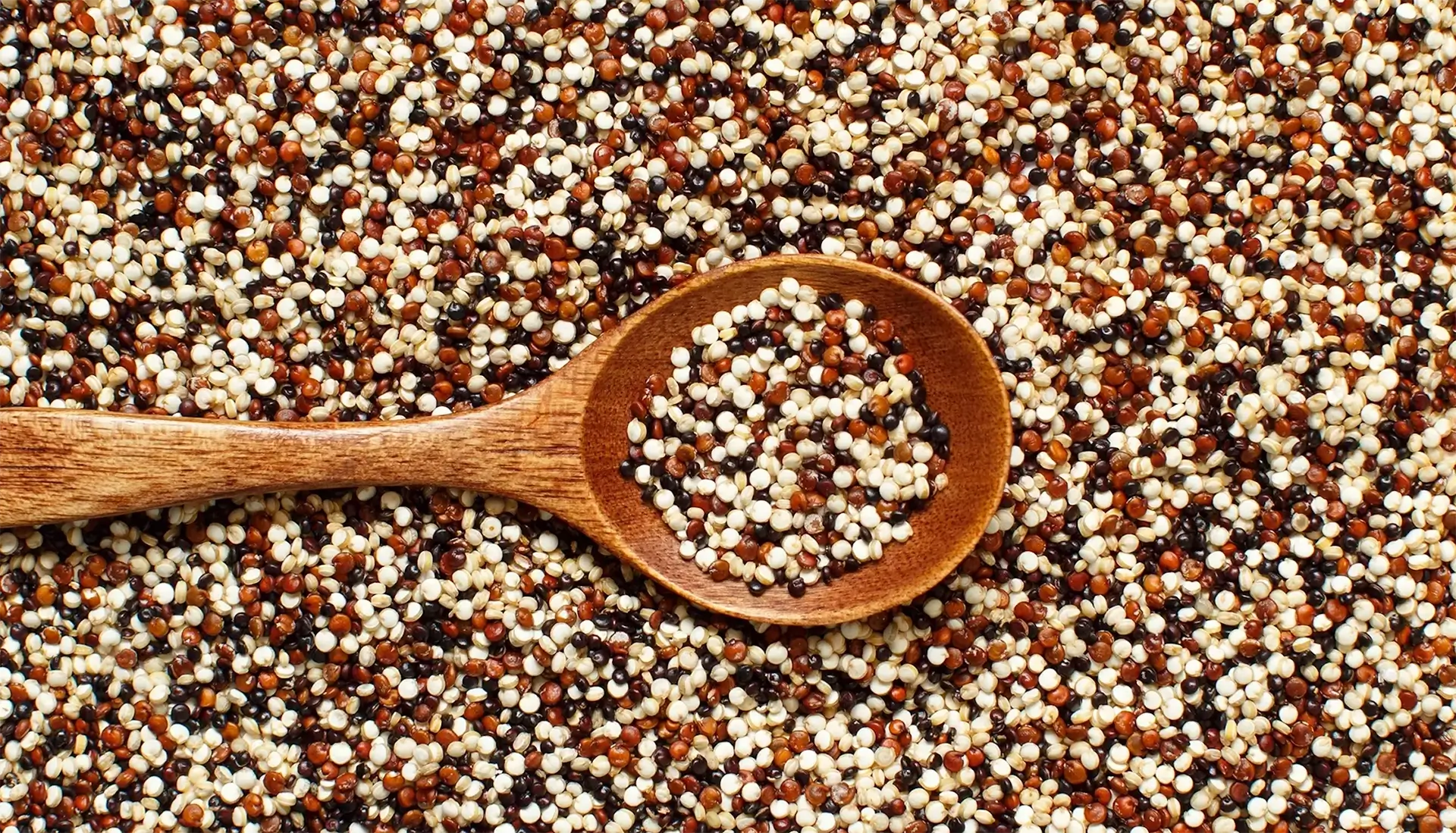
‘King of GInger’ Bentong Ginger From Malaysia
Mention Bentong, a sleepy town in the Western part of Pahang, Malaysia and chances are ginger would slip into the sentence. The town, or more specifically Bukit Tinggi, is synonymous with the rhizome that is more pungent, spicer and pricier than ordinary ginger.
The MICHELIN Guide Singapore team travels to Bukit Tinggi in Malaysia to find out more about this sought-after ginger, which is a mainstay in Chinese and Indian cuisines.

Bentong ginger is a ubiquitous sight in farms that sprawl all over the mountainous region of Pahang in Malaysia, which is more commonly known as Genting Highlands.
Thanks to the pristine fresh air and fertile soil that the temperate area is blessed with, Bentong ginger is well-endowed with nutrients like gingerol, which has medicinal benefits that help to alleviate digestive problems and nausea and respiratory conditions. Gingerol is also responsible for ginger’s spicy sensation and woody aroma.
In 2015, Bentong ginger was certified as one of Pahang’s Geographical Indications by the Agriculture Bureau of Pahang. The Indication is a symbol attached to products that have specific geographical origins.
There are primarily two types of ginger: young and old. Young ginger is cultivated for six to seven months before being harvested, while old ginger requires at least 11 months of cultivation. Some farmers typically harvest old ginger from the ground and wait for many small nubs to sprout before returning the root back to the soil, where it continues to grow.
#1 Popular Digestive Aid: Settles Stomach Issues
Ginger has been used as a digestive aid for thousands of years by ancient cultures. Its carminative properties promote the elimination of intestinal gas to prevent bloating and flatulence, while its intestinal spasmolytic properties relax the gastrointestinal muscles to soothe an upset stomach.
Eating slices of ginger sprinkled with salt before meals can increase saliva flow to aid digestion and prevent stomach issues. It is also helpful to drink ginger tea after a large meal to reduce bloating and flatulence. If your stomach problems are more severe, you can also take ginger to help alleviate the various symptoms of food poisoning.
Ginger is frequently recommended to treat dyspepsia (chronic indigestion), provide relief from colic in children, and help in the treatment of bacteria-induced diarrhea.
#2 Therapy for Nausea: Reduces Motion Sickness and More
Ginger is very good at subsiding various types of nausea and vomiting, including morning sickness in pregnant women, motion sickness in travellers, and even nausea in chemotherapy patients.
70% of patients who undergo chemotherapy report struggling with nausea, despite being given anti-emetics during treatment. A recent study on adult cancer patients found that supplementing a daily dose of 0.5 to 1 gram of ginger before chemo, significantly reduced the severity of acute nausea in 91% of the participants.
The herb also helps reduce the dizziness and nausea associated with vertigo. Research in this area indicates that the spice’s therapeutic chemicals work in the brain and nervous system to control the effects of queasiness.
#3 Powerful Anti-inflammatory: Reduces Joint Pain and Relieves Arthritis
Ginger contains a very potent anti-inflammatory compound called gingerol, which is the substance responsible for alleviating joint and muscle pain. According to a study published in the Journal of Medicinal Food, ginger affects certain inflammatory processes at a cellular level. It shares pharmacological properties with non-steroidal anti-inflammatory drugs, making it an effective treatment for both acute and chronic inflammatory diseases.
Many other scientific studies support the effectiveness of ginger for its pro-analgesic effect on the joints, particularly in the early stages of rheumatoid arthritis. Many patients suffering from osteoarthritis have also reported reduced pain and improved mobility by consuming ginger on a regular basis.
Research in Hong Kong suggests that massage therapy using an oil of ginger and orange seems to reduce short-term stiffness and pain in patients with knee issues.
Ginger can also reduce inflammation and muscle pain caused by exercise. In a study carried out by the University of Georgia, researchers administered raw and heat-treated ginger to two groups of 34 and 40 volunteers, over 11 consecutive days. The results, published in The Journal of Pain, concluded that daily use of ginger supplements relieved exercise-induced muscle pain by 25%.
#4 Provides Pain Relief: Soothes Migraines and Menstrual Pain
Research has shown that ginger can provide pain relief from migraine headaches. A study performed in Iran and published in the Phytotherapy Research journal, found that ginger powder is as effective in treating migraine symptoms as sumatriptan – a common medication for the illness.
In the clinical trial, 100 migraine sufferers with acute symptoms were randomly selected to receive either sumatriptan or ginger powder. The researchers found that the efficacy of administering both were similar, while the adverse effects of ginger powder were less than sumatriptan – making it a safer remedy for migraines.
Ginger works on migraines by blocking prostaglandins, which stimulate muscle contractions, control inflammation in the blood vessels, and impact some hormones. Drinking ginger tea at the onset of a migraine attack stifles prostaglandins to block the unbearable pain, and stop the associated nausea and dizziness.
Ginger can also help women effectively reduce the pain associated with dysmenorrhea (painful menstruation). A research study in Iran divided 70 female students into two groups. One group was administered ginger capsules and the other was given a placebo – each for the first three days of their menstrual cycles. The researchers found that 82.85% of the women taking ginger capsules reported improvements in pain symptoms, compared to 47.05% of those on placebo.
Many cultures also pour fresh ginger juice on their skin to treat burns, and topical application of ginger oil has been found to be very effective in treating joint and back pain.
#5 Anti-tumor Properties: Successful in Killing Cancer Cells
Modern research has recently been looking to ginger as a potential remedy for various types of cancer, and has come up with some promising results.
One study from the University of Michigan Comprehensive Cancer Center found that ginger not only killed ovarian cancer cells, it also prevented them from building up resistance to chemotherapy – a common issue in ovarian cancer patients.
In the study, researchers applied a solution of ginger powder and water to ovarian cancer cells. In each and every test, they found that the cancer cells died when they came into contact with the ginger solution. Each of the cells either committed suicide, which is known as apoptosis, or they attacked one another, which is referred to as autophagy.
Ginger has also been proven to effectively treat breast cancer, prostate cancer and colon cancer.
Research published in the Journal of Biomedicine and Biotechnology discovered that chemicals from the ginger plant halted the proliferation of breast cancer cells, without affecting normal mammary cells. This property, known as selective cytotoxicity, is highly significant as it does not occur with conventional methods. And while many tumors respond well to chemotherapy treatment, breast cancer cells can be more difficult. They tend to survive and gain resistance to the treatment.
The use of natural remedies like ginger that are safe and can suppress growth of breast cancer cells is highly desirable. The other advantages of using ginger are that it is easy to administer in capsule form, it has few reported side effects, and it’s a low-cost alternative to conventional drugs.
In 2011, a Georgia State University study set out to explore ginger’s effects on prostate cancer, based on the herb’s proven anti-tumor, anti-inflammatory and antioxidant properties. Their results, published in The British Journal of Nutrition, found that ginger extract killed cancer cells in the prostate without affecting any of the healthy cells.
Modern scientific evidence suggests that ginger can also reduce inflammation in the colon to potentially prevent colon cancer. In a University of Michigan study, researchers administered two grams of ginger root supplements or placebo to a group of 30 patients over 28 days. After 28 days, researchers found significant reductions in colon inflammation markers in patients that were assigned ginger root, making it an effective natural prevention method for those at risk of colon cancer.
Ginger compounds have also been studied to inhibit other forms of cancer, including rectal cancer, liver cancer, lung cancer, melanoma and pancreatic cancer. It’s also interesting to note that beta-elemene – an anti-cancer pharmaceutical – is derived from ginger.
#6 Anti-diabetic Compounds: Lowers Blood Sugar and Increases Insulin Release
In the case of diabetes, studies have shown ginger to be effective both preventively and therapeutically.
Research at the University of Sydney in Australia found ginger to be effective in glycemic control for people with type 2 diabetes. The study, published in the Planta Medica journal, showed that ginger extracts can increase uptake of glucose into muscle cells without using insulin, therefore it may assist in the management of high blood sugar levels.
Another clinical trial concluded that diabetic patients, that consumed three grams of dry ginger for 30 days, had a significant reduction in blood glucose, triglyceride, and in total and LDL cholesterol levels.
Overall, ginger works on diabetes by increasing insulin release and sensitivity, inhibiting enzymes in carbohydrate metabolism, and improving lipid profiles. Ginger also has a very low glycemic index (GI), which means it breaks down slowly to form glucose, and therefore does not trigger a spike in blood sugar levels like high GI foods do.
Several other studies have also established ginger to have a preventive effect against diabetes complications. Ginger can protect a diabetic’s liver, kidneys, and central nervous system, and reduce the risk of cataracts – a common side-effect of the disease.
#7 Heals the Heart: Treats a Variety of Cardiovascular Conditions
High in potassium, manganese, chromium, magnesium and zinc, and famous for its anti-inflammatory properties, ginger has been used for years to treat heart conditions.
In Chinese medicine, ginger’s therapeutic properties were said to strengthen the heart, and ginger oil was often used to prevent and treat heart disease.
Modern studies indicate that the herb’s compounds go to work by lowering cholesterol, regulating blood pressure, improving blood flow, and preventing blocked arteries and blood clots – all of which help reduce the risk of heart attacks and strokes.
#8 Relieves Respiratory Disorders: Effective in Treating Asthma
Ginger compounds have shown positive results in treating respiratory disorders, and research indicates it is a promising treatment for patients suffering from asthma. Asthma is a chronic disease that occurs when the muscles in the lungs’ oxygen channels become inflamed and sensitive to different substances that induce spasms.
Recent research published in the American Journal of Respiratory Cell and Molecular Biology, demonstrates that ginger works on treating asthma in two ways: first, by inhibiting the enzyme that constricts airway muscles, and second, by activating another enzyme that works to relax the airways.
Part of the reason ginger works is due to its potent antioxidant, anti-inflammatory and analgesic compounds, which have properties similar to that of non-steroidal anti-inflammatory drugs, but without the negative side effects. While asthma can be a deadly disease, some of the medications used to treat asthma can also carry troubling side effects. Therefore, finding alternative, safe remedies like ginger, is a promising discovery in the treatment of this disease.

